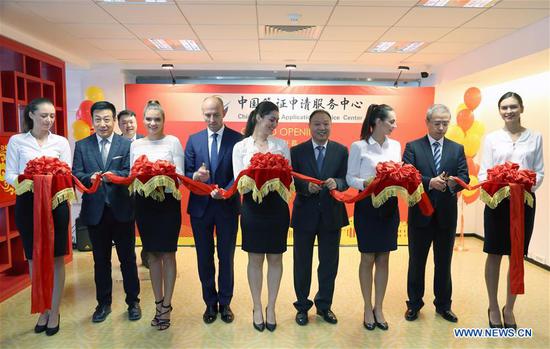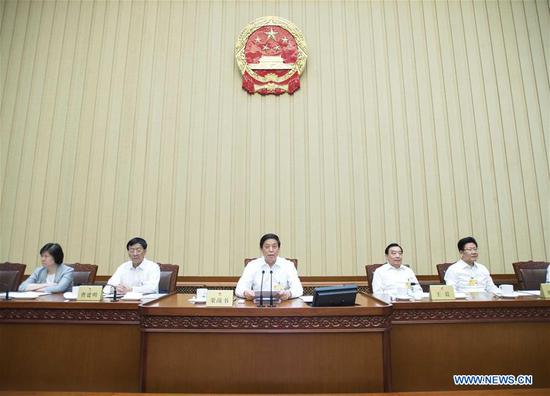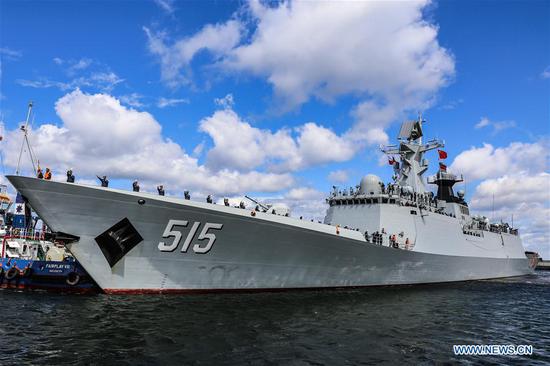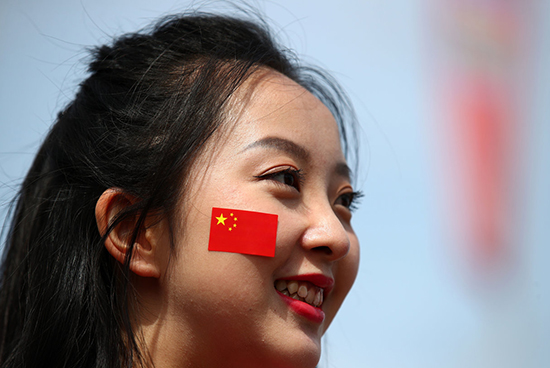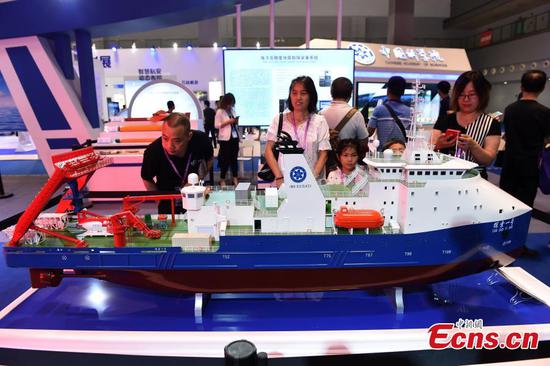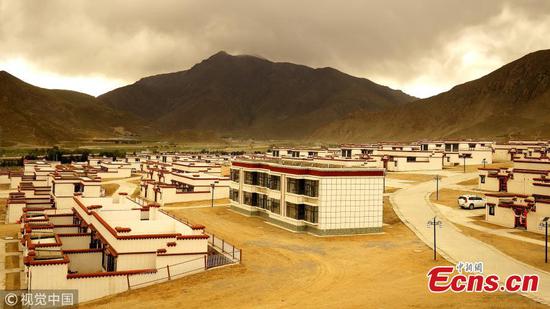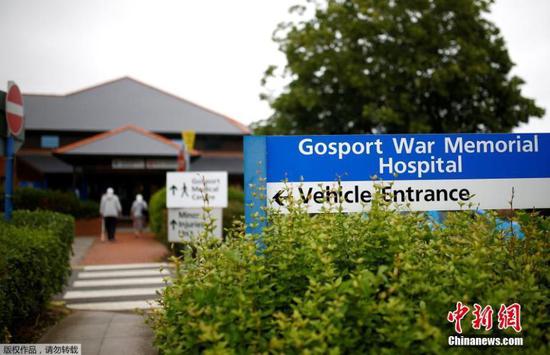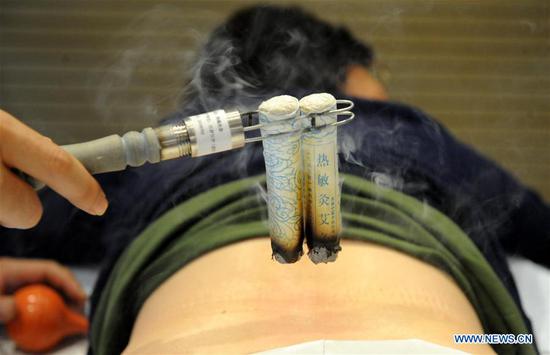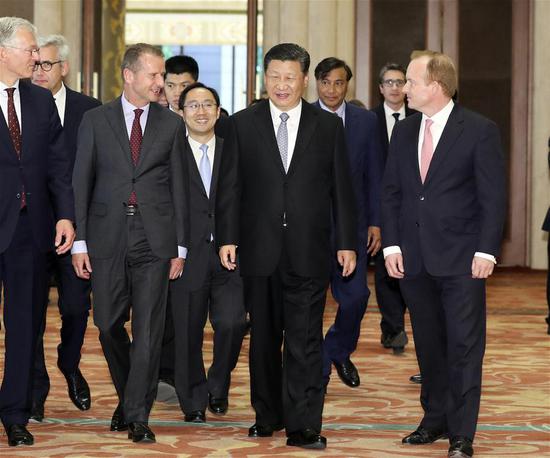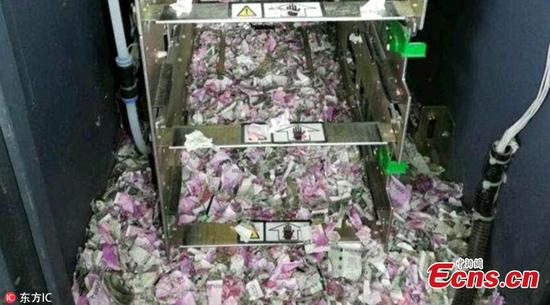China's central bank announced on Sunday it is cutting the cash required to be held in reserve in commercial banks by one-half percentage point starting July 5, a measure designed to make it easier to lend to small and microsized companies.
The amount of money, to be released by cutting the reserve requirement ratio in the five largest State-owned banks and 12 joint-stock commercial banks, could reach nearly 500 billion yuan ($76.9 billion), as the People's Bank of China, the central bank, estimated in a statement on its website.
This amount should be used "to support debt-to-equity swap projects on a market-oriented and legal basis, and to leverage the same amount of private capital participating in the investment", the statement said.
Another 200 billion yuan, to be freed from postal savings banks, city and non-county rural commercial banks, and foreign banks, will be loaned to small and micro-sized companies to lower their financing costs, it said.
Financial institutions' activities in both ways will be supervised by the PBOC's macro prudential assessment framework-a set of tightened regulatory standards to prevent a systemic financial crisis, the statement said.
The central bank didn't change its monetary policy tone as "prudent and neutral", pledging to maintain "appropriate monetary and financial environment" for high-quality development and supply-side structural reform.
Following the country's campaign of reducing manufacturing producers' excessive production capability, Chinese enterprises' restructuring and bankruptcy cases are rising especially under the tightened financial regulation, said Li Qilin, an economist with Lianxun Securities.
The PBOC said the debt-to-equity swap program, a measure promoted by the government since 2015 to lower the corporate debt ratio, should be leveraged to improve enterprises' balance sheets.
"The debt-to-equity swap for zombie firms (inefficient firms burdened with debt) should not be approved," it said.
The targeted easing for small and micro-sized companies is another way "to reduce corporate default risks, stabilize employment and strengthen growth momentum of the real economy to offset both external and internal headwinds in the second half of this year", said Yang Weiyong, an associate professor of Economic Development and Agricultural Economics at the University of International Business and Economics in Beijing.
Economists and analysts predicted additional reductions to the reserve requirement ratio in the coming months, as the current ratio is still at a relatively higher level than many other countries.












